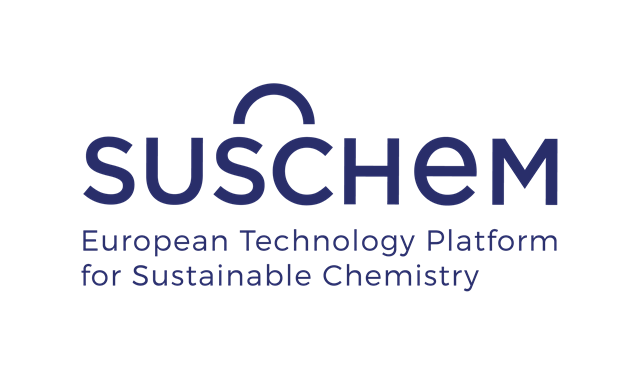SusChem Spain via the Spanish Chemical Industry Federation (FEIQUE) is collaborating with the Industrial Engineering Group Técnicas Reunidas and the Scientific and Technological Research Centre of Extremadura (CICYTEX) in the WALEVA project. The initiative has the objective of valorising rice straw residue by converting it into levulinic acid – a biobased chemical building block in high demand. This solution provides a sustainable alternative to burning of this agricultural residue, a common practice in rice growing areas with a high environmental impact. WALEVA started in June 2014 and run until September 2017 and is financed by the European Commission’s LIFE Programme that targets environmental projects.
The WALEVA project integrates the development of a pilot plant, currently in the design phase, in the José Lladó Technological Centre in Madrid that will apply technology developed by Técnicas Reunidas for the production of levulinic acid that starts from any agricultural residue or lignocellulosic material. This demonstration plant, which will integrate an innovative chemical process, will demonstrate that this conversion technology can solve a known environmental problem. In a final phase, the project will show that this technology is easily transferable to other European regions with the same environmental problems.
SusChem Spain is one of SusChem's network of national technology platforms (NTPs) that connect SusChem thinking with national and regional programmes, facilitate trans-national collaboration and to advise SusChem on collective national priorities that need to be considered at European level. They are key to the involvement of national stakeholders including small and medium-sized enterprises (SMEs), large companies and academic groups, in European initiatives.
Straw problem
Valorising rice straw residue will generate high-value added products and introduce a new value chain. The product - Levulinic acid - is a chemical monomer in high demanded by industry for use in many applications including pharmaceuticals, biodiesels, polymers, food and other chemistries.
The initiative will contribute to a sustainable alternative to the burning of a troublesome residue that affects the rice industry in several Spanish regions such as Extremadura, Andalucía, the Ebro river basin and Albufera in Valencia. WALEVA is supported by the Extremadura region, one of Spain’s main rice production areas, through the rice farmers association. Although alternatives to burning rice residues have been researched, no economically viable and useful chemical technology has yet been found.
The burning of the residues created by this crop generates uncontrolled carbon dioxide emissions. Rice production in the European Union surpassed three million tonnes in 2012. It is estimated that every tonne of rice produces 0.8 tonnes of straw residue meaning some 2.4-1.2 million tonnes of residues are generated annually potentially that could emit over four million tonnes of C02 if burnt. In Spain alone, there are around 105 000 hectares of land used for rice crops yielding 577 000 tonnes of rice straw meaning potential emissions of 985.000 tonnes of CO2 from burning.
Process details
The proposed project includes six major development actions:
• Collection and treatment of the residue
• Design and construction of a storage module
• Pilot plant design
• Pilot plant procurement and construction
• Pilot plant demonstration of an innovative levulinic acid production technology
• Viability studies
The project could estimates that production of levulinic could reach 40 500 tonnes/year in the first three years after the end of the project, rising to 63 000 tonnes/year in the next five years thanks to the project’s dissemination plan. At European level, the project expects production to reach 156 000 tonnes/year within five years of the project end.
The technologies demonstrated in the LIFE + WALEVA project will be positioned as the leading technology used to produce biobased levulinic acid at European level.
The LIFE Programme
The LIFE programme is the European Union’s funding instrument for the environment and climate action. Since its beginning in 1992, LIFE has co-financed some 4 000 projects across the EU, contributing approximately €3.1 billion to the protection of the environment and climate.
The LIFE programme contributes to sustainable development and to the achievement of the objectives of the Europe 2020 Strategy, as well as other relevant EU environment and climate strategies and plans linked to environmental and climate change issues.
The ‘Environment’ theme of the new programme covers three priority areas: environment and resource efficiency; nature and biodiversity; and environmental governance and information. The ‘Climate Action’ theme covers climate change mitigation; climate change adaptation; and climate governance and information.


No comments:
Post a Comment
Please post your comment here. Please note that this newsblog is not moderated.
Note: only a member of this blog may post a comment.